Department Of Medicine
-

COVID-19 complication underdiagnosed
A mysterious inflammatory syndrome linked to COVID-19 infection and first identified in children also occurs in adults, Vanderbilt researchers report. Read MoreJun 17, 2021
-

Heat for hypertension in autonomic failure
Heat therapy could offer a novel nonpharmacologic approach for treating the overnight hypertension that affects patients with autonomic failure. Read MoreMay 25, 2021
-

Beta cell regeneration
Vanderbilt researchers dissected the complex microenvironment of the pancreatic islet to discover the signals that drive beta cell regeneration — as a possible treatment for diabetes. Read MoreMay 20, 2021
-

People at high genetic risk for colorectal cancer benefit more from lifestyle changes
People with a high polygenic risk score for colorectal cancer could benefit more at preventing the disease by leading healthy lifestyles than those at lower genetic risk, according to a study by Vanderbilt researchers published in the April issue of The American Journal of Clinical Nutrition. Read MoreMay 13, 2021
-
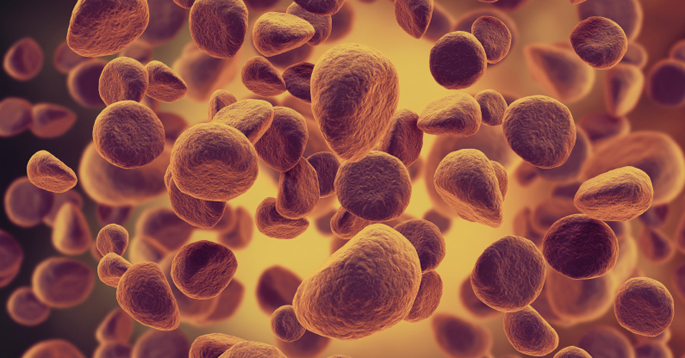
New therapeutic strategy for leukemia syndrome
Using primary cells from patients with chronic myelomonocytic leukemia, Vanderbilt researchers found synergistic inhibition of cell viability and proliferation, suggesting a new treatment strategy. Read MoreApr 20, 2021
-
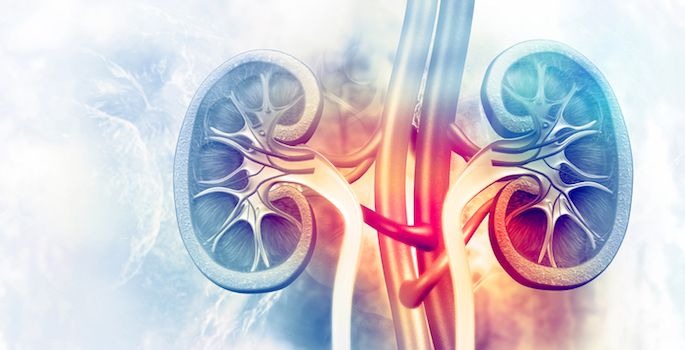
New insights into kidney development
Integrin-linked kinase, a central component of a complex that coordinates cell signaling involved in migration, proliferation and cell death, plays a role in kidney development and epithelial cell function. Read MoreApr 15, 2021
-
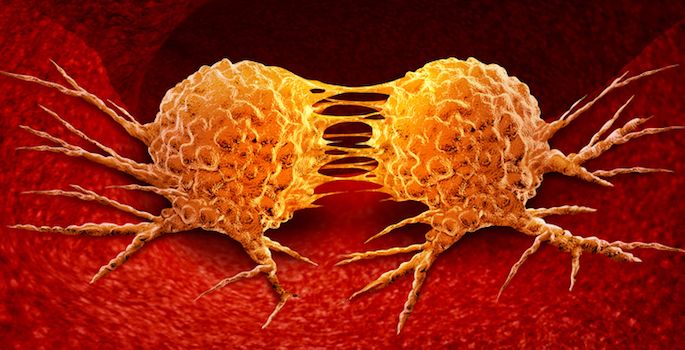
Personalized Structural Biology aids cancer treatment decisions
Cancer specialists at Vanderbilt University Medical Center, in partnership with biochemists and structural biologists across the Vanderbilt University campus, are taking “personalized” cancer therapy to a new level. Read MoreApr 8, 2021
-
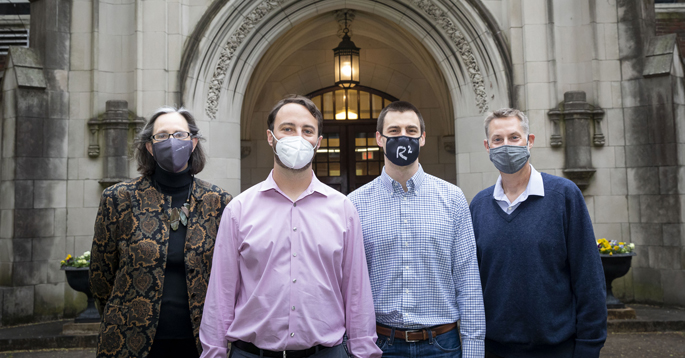
Study revises understanding of cancer metabolism
Tumors consume glucose at high rates, but a team of Vanderbilt researchers has discovered that cancer cells themselves are not the culprit, upending models of cancer metabolism that have been developed and refined over the last 100 years. Read MoreApr 7, 2021
-

Codeine metabolizer status in clinical practice
Vanderbilt researchers have developed a response score using genetic and clinical information to aid prescribing of the widely used pain medication codeine. Read MoreApr 5, 2021
-

Physician-scientists Aliyu, Tindle elected to ASCI
Vanderbilt’s Muktar Aliyu, MBBS, MPH, DrPH, and Hilary Tindle, MD, MPH, will be inducted this year into the American Society for Clinical Investigation (ASCI), an elite honor society of physician-scientists from the upper ranks of academic medicine and industry. Read MoreMar 31, 2021
-

Prostate cancer microenvironment
Distinct cancer-associated fibroblasts in the prostate tumor microenvironment may influence tumor progression and could point to new therapeutic targets. Read MoreMar 23, 2021
-
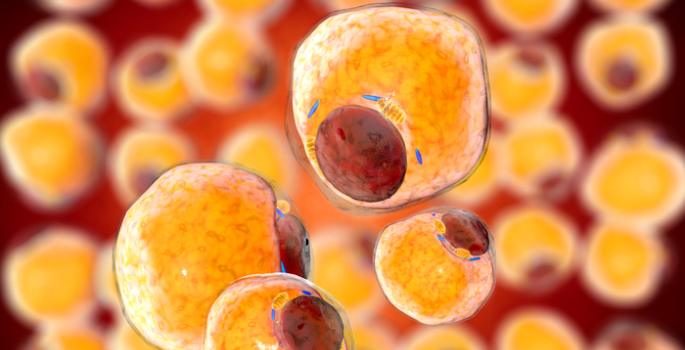
HIV, diabetes and immune cells in fat
In HIV-positive individuals with diabetes, immune cells in fat are more proinflammatory and cytotoxic and may represent a therapeutic target for diabetes. Read MoreMar 18, 2021
-
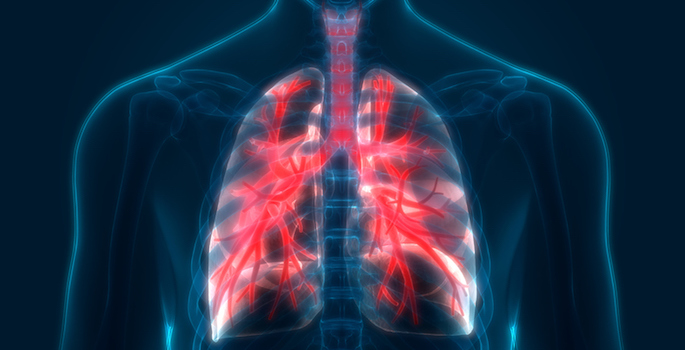
Vanderbilt research played key role in new lung screen guidelines
The U.S. Preventive Services Task Force (USPSTF) has formally recommended two changes that will nearly double the number of people eligible for lung cancer screening by lowering the age from 55 to 50 and reducing the number of smoking history pack years from 30 to 20. Read MoreMar 18, 2021
-

Artificial intelligence calculates suicide attempt risk at VUMC
A machine learning algorithm that predicts suicide attempt recently underwent a prospective trial at the institution where it was developed, Vanderbilt University Medical Center. Read MoreMar 15, 2021
-

Electronic health record study discovers novel hormone deficiency
A novel hormone deficiency may exist in humans, Vanderbilt investigators have discovered. In an analysis of two decades worth of electronic health records, the researchers found that some patients have unexpectedly low levels of natriuretic peptide hormone in clinical situations that should cause high levels of the hormone. Read MoreMar 11, 2021
-

Targeting glucagon action in diabetes
Disrupting the action of glucagon — a pancreatic hormone that works to raise blood glucose — restores functional insulin-producing cells in mouse models of type 1 diabetes and may be a promising treatment strategy. Read MoreMar 4, 2021
-

Gene variant and glucose metabolism
Genetic variation that impacts glucose- and insulin-related signaling affects responses to type 2 diabetes treatments and warrants further study. Read MoreFeb 18, 2021
-

Vanderbilt, Zambia researchers find delirium in hospitalized patients linked to mortality, disability in Sub-Saharan Africa
Delirium, a form of acute brain dysfunction, is widespread in critically ill patients in lower resourced hospitals, and the duration of delirium predicted both mortality and disability at six months after discharge, according to a study published in PLOS ONE. Read MoreFeb 11, 2021
-

New clue to postural tachycardia
Insight into the pathophysiology of an enigmatic and debilitating disease suggests new treatment approaches. Read MoreFeb 4, 2021
-
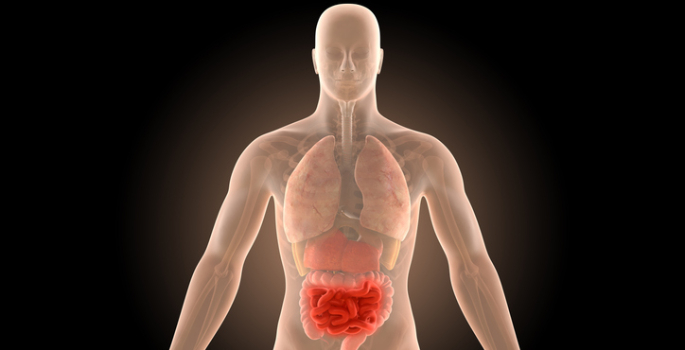
Potential biomarker for IBD severity, cancer risk identified
A selenium transport protein produced in the colon may be a novel biomarker for assessing disease severity and cancer risk in patients with inflammatory bowel disease. Read MoreFeb 4, 2021